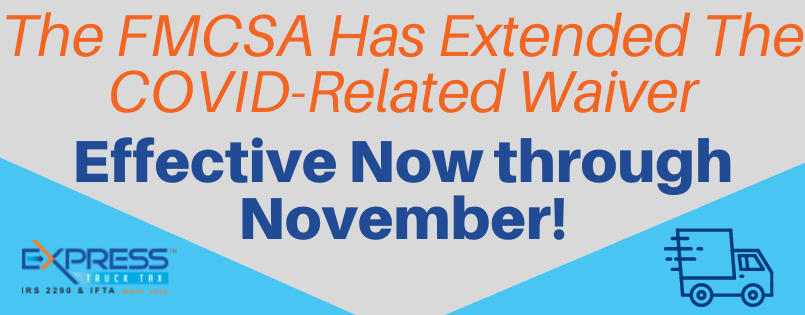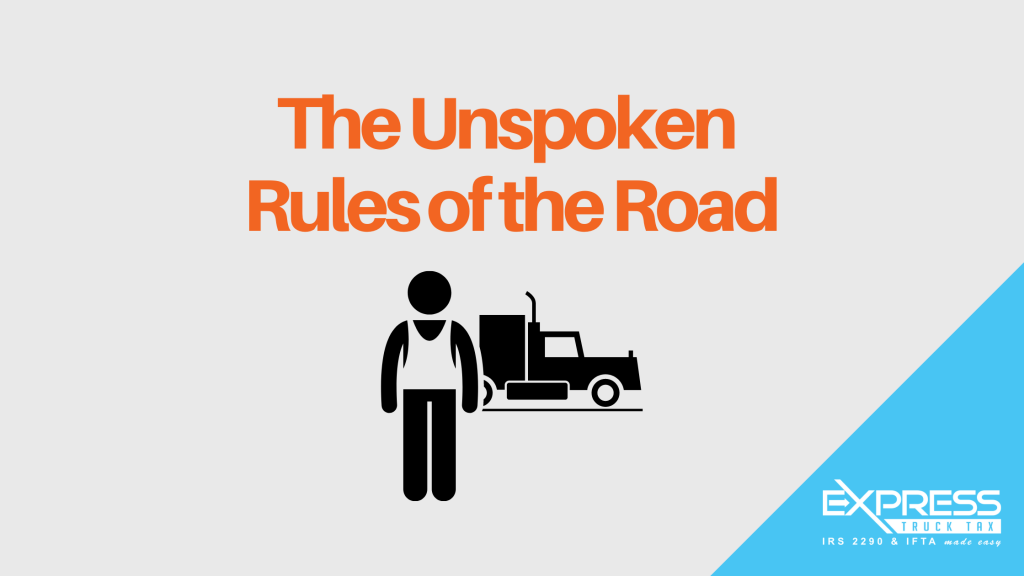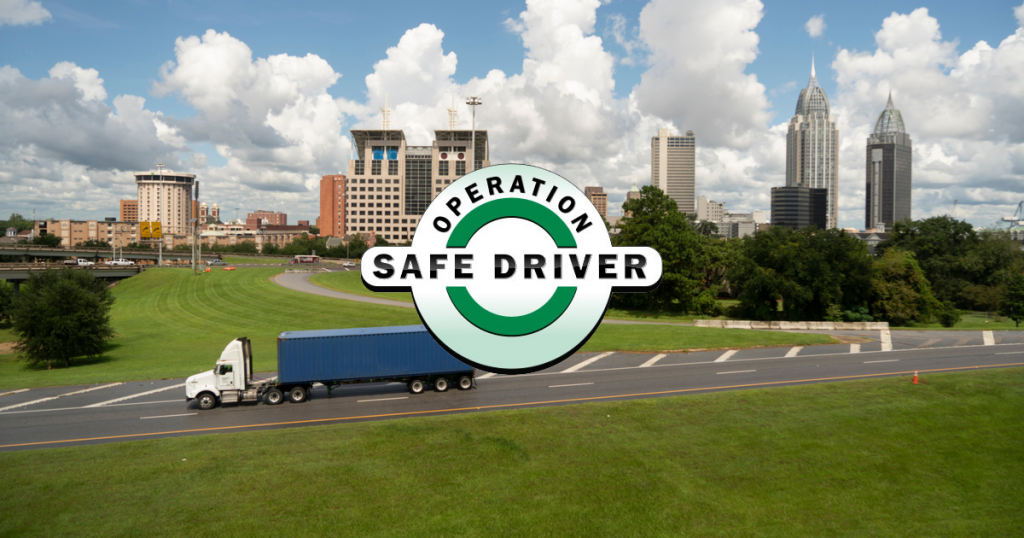
With COVID cases still on the rise, the FMCSA has decided to extend the COVID-19 emergency declaration until the end of November.
This is important to be aware of because, as the demand for medical supplies rises, so does the need for truckers to ship them to places in need.
What Was Waived?
The Federal Motor Carrier Safety Administration (FMCSA) waived Part 395.3, which refers to the maximum driving time allowed for carriers providing emergency relief.
This declaration was originally set to expire on August 31st, but FMCSA decided to extend it and is still effective through November 30th.
What does this mean?
This means that any carrier that is transporting essential services, such as medical care or essential supplies related to COVID-19, will be able to go over the maximum driving time that is typically allowed.
This is because the demand for these items is high, and healthcare providers all over the country need these supplies in order to provide assistance to people affected by this sickness.
What Types of Transportation Are Affected?
The extension of this waiver only affects the transportation of the following:
- Livestock and Livestock feed
- Medical supplies and equipment related to the testing, diagnosis, and treatment of COVID-19
- Vaccines, medical supplies, and equipment that administer the COVID-19 vaccinations.
- Supplies and equipment to aid in community safety, sanitation, and prevention of COVID-19 (masks, gloves, disinfectant, etc.)
- Food, paper products, and groceries to keep stores stocked in case of an emergency
- Any type of gasoline
- Any supplies to help displaced individuals that were impacted by COVID-19
To be eligible for this maximum driving time waiver, the vehicle must be transporting qualifying commodities that are directly related to COVID-19 relief.
Why Was It Extended?
The FMCSA decided to extend this waiver as a direct result of rising positive cases, and lower output of COVID-19 vaccinations.
To keep people healthy and prevent the spread, the demand for supplies is at an all-time high. The nation is relying heavily on truckers to keep the country moving forward in this time of need.
We Appreciate Our Truckers!
Our country has kept moving forward during this pandemic thanks to the hard work and resilience of our truckers!
Without them, this country would be at a standstill, and we are very appreciative of the long days and nights that truckers give up to help keep this nation continue on, no matter what obstacles they face.
Keep up the great work truckers! Everyone here at ExpressTruckTax is thankful for your hard work and diligence through this pandemic!








